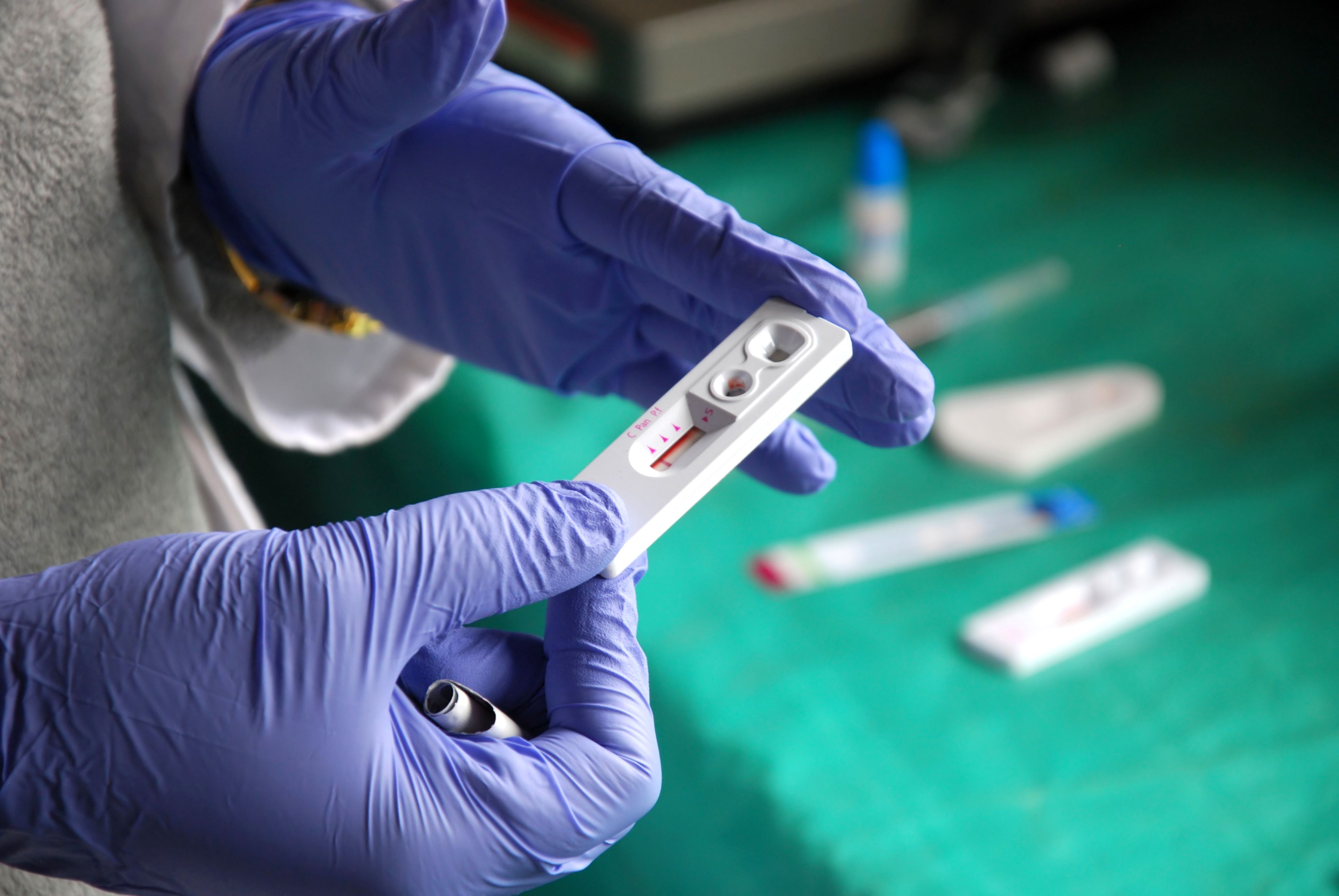Article
Novel Drug Reduces Cholesterol in Familial Hypercholesterolemia
Author(s):
Evolocumab cut low-density lipoprotein cholesterol levels by 60%, on average, in patients with heterozygous familial hypercholesterolemia
Amgen’s investigational cholesterol-lowering medication, evolocumab, cut low-density lipoprotein cholesterol (LDL-C) levels by 60%, on average, in patients with heterozygous familial hypercholesterolemia (FH), a genetic condition that causes extremely high cholesterol and high risk of cardiovascular disease (CVD).
"Despite intensive cholesterol-lowering therapies, such as statins, most patients with FH do not achieve LDL-C targets recommended to prevent CVD,” said lead investigator Frederick Raal, director of the Carbohydrate and Lipid Metabolism Research Unit at the University of Witwatersrand, in a press release. “However, currently we have no alternative or additional drug treatment with strong LDL-lowering ability and good tolerability.”
According to Amgen, evolocumab is a fully human monoclonal antibody that inhibits proprotein convertase subtilisin/kexin type 9 (PCSK9), a protein that impairs the ability of the liver to remove LDL-C from the blood of FH patients. Heterozygous FH occurs between 1 in 250 and 1 in 300 individuals worldwide, making it the most common hereditary disorder in humans.
In the RUTHERFORD-2 study, 331 participants with heterozygous FH who were already taking high-dose statins with or without ezetimibe were randomly assigned to receive 1 of 2 doses of evolocumab or placebo over the course of 12 weeks. At the conclusion of the trial, both dose forms of evolocumab produced 60% reductions in LDL-C levels compared with placebo.
In the 12-week TESLA Part B trial, 49 patients with the more severe and rare homozygous form of FH were randomly assigned to receive monthly injections of evolocumab or placebo in addition to high-dose statins, often in combination with ezetimibe. After 12 weeks, evolocumab reduced LDL-C by 31%, on average, compared with placebo.
In both studies, evolocumab was well tolerated with rates of adverse effects comparable to placebo.
"If proven to be safe and efficacious in the long term, as well as cost effective, PCSK9 monoclonal antibodies might be the best standard of care for many patients with severe forms of FH,” Raul Santos from the University of Sao Paulo Medical School Hospital and Gerald Watts from the University of Western Australia said in a joint statement. “However, the wider applications of PCSK9 monoclonal antibodies as an additional therapy to statins will depend on the results of large clinical outcome trials…that are underway in patients at high risk of CVD."
Newsletter
Stay informed on drug updates, treatment guidelines, and pharmacy practice trends—subscribe to Pharmacy Times for weekly clinical insights.






